Despite the global surge in digital payment methods, many destinations worldwide stubbornly maintain cash-based economies that can catch unprepared travelers off guard. Credit cards and mobile wallets might feel second nature back home, yet this convenience hardly extends everywhere.
The reality hits hard once you venture beyond major tourist hubs and international hotel chains. Knowing local payment customs prevents those awkward “sorry, we don’t accept cards” moments that can derail travel plans.
Here is a list of 14 countries where physical currency isn’t just preferred – it’s practically mandatory for a smooth journey.
Japan
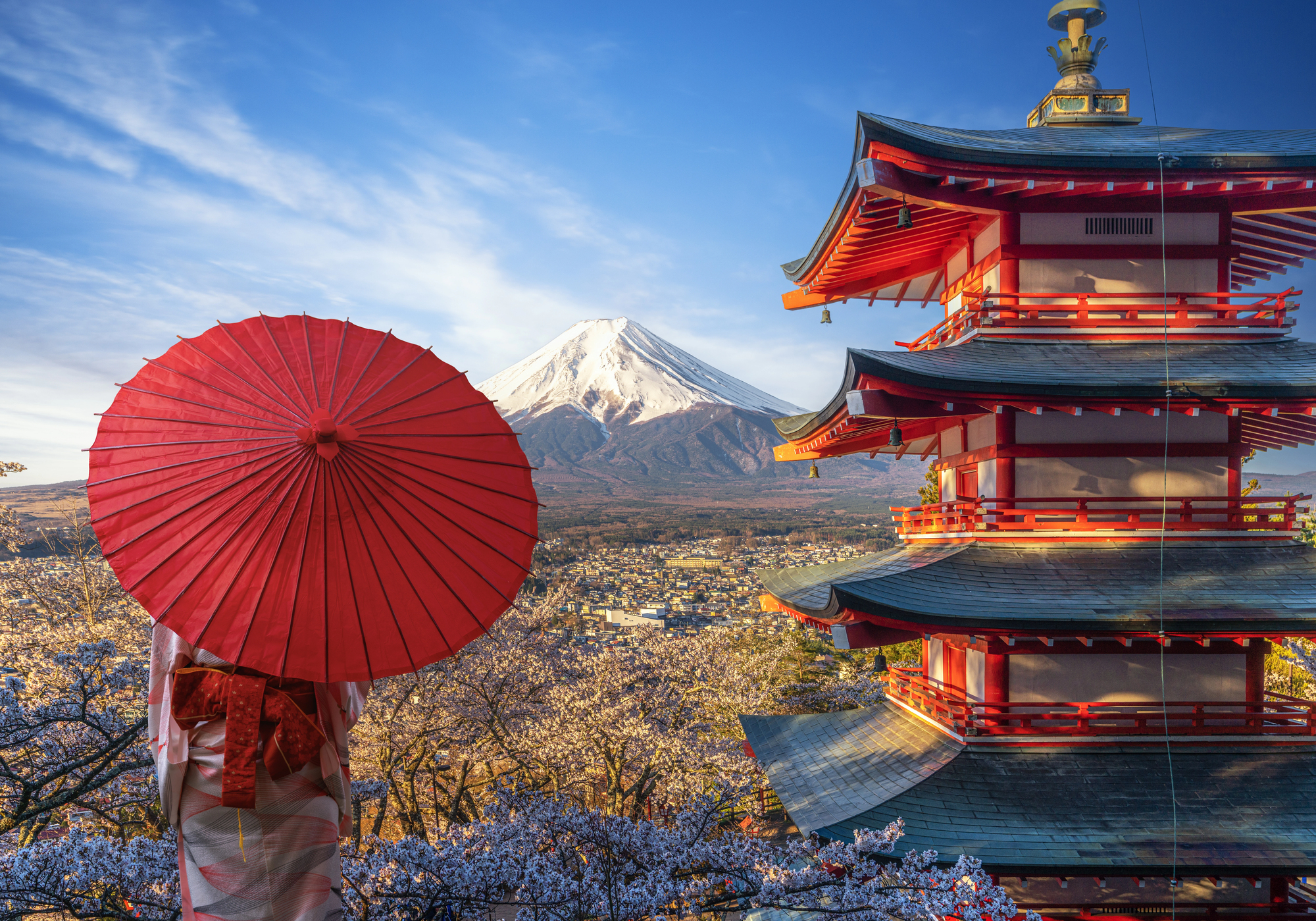
This technological powerhouse bizarrely operates on cash for most everyday purchases. Neighborhood ramen shops, local markets — even some decent hotels still accept only physical yen.
The contradiction feels jarring in a nation with bullet trains and robot hotel staff. Tourists quickly learn to stuff their wallets with substantial cash reserves, especially when exploring beyond Tokyo’s glittering districts.
Germany
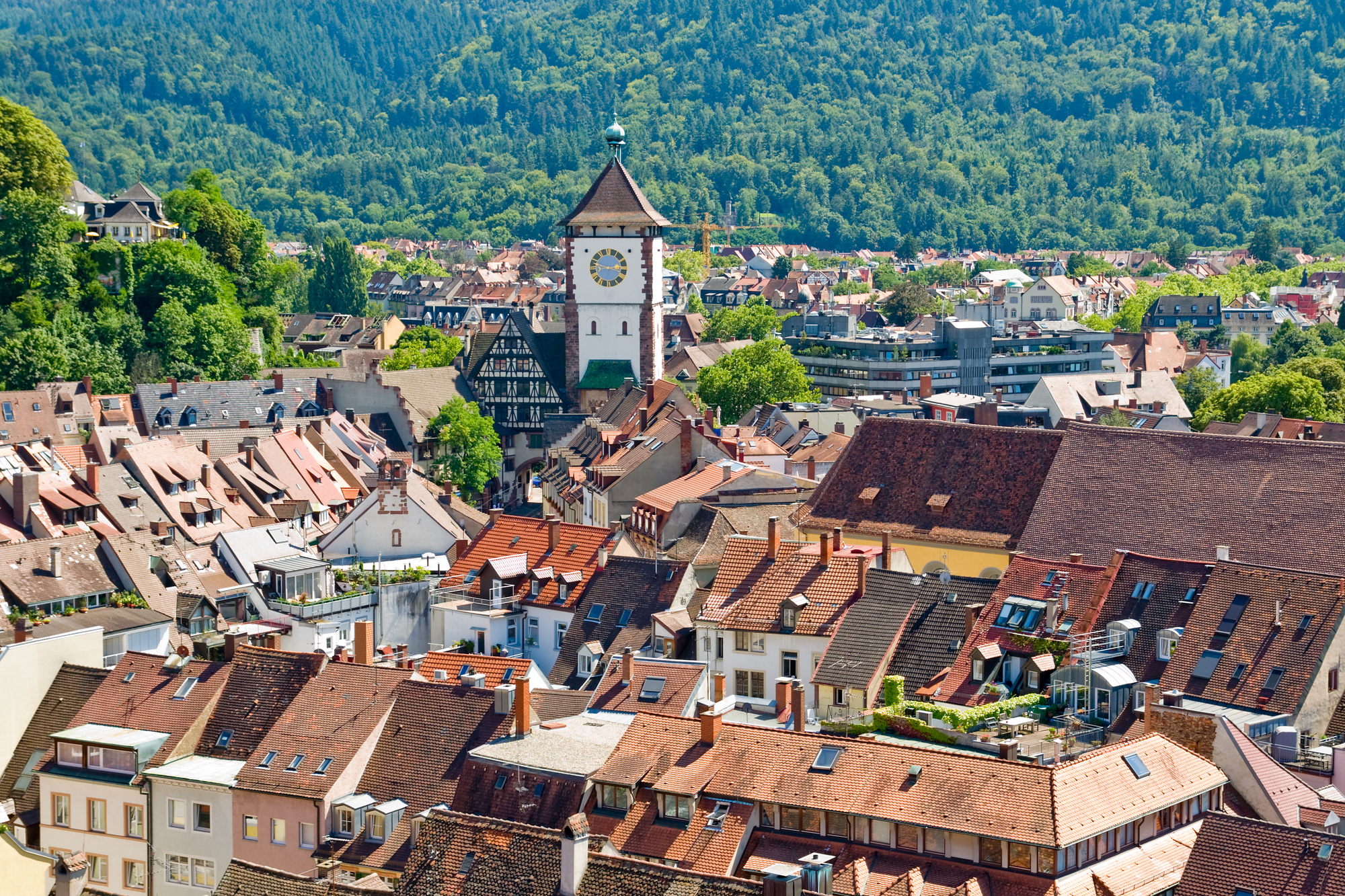
Germans maintain a stubborn preference for physical currency, surprising for Europe’s economic powerhouse. Corner cafés, family bakeries, and countless restaurants across Berlin and Munich proudly display ‘EC Karten oder Bargeld’ signs, often accepting only the latter.
This deep-rooted cash habit stems partly from historical privacy concerns, though younger Germans don’t always share their parents’ cash devotion.
Morocco
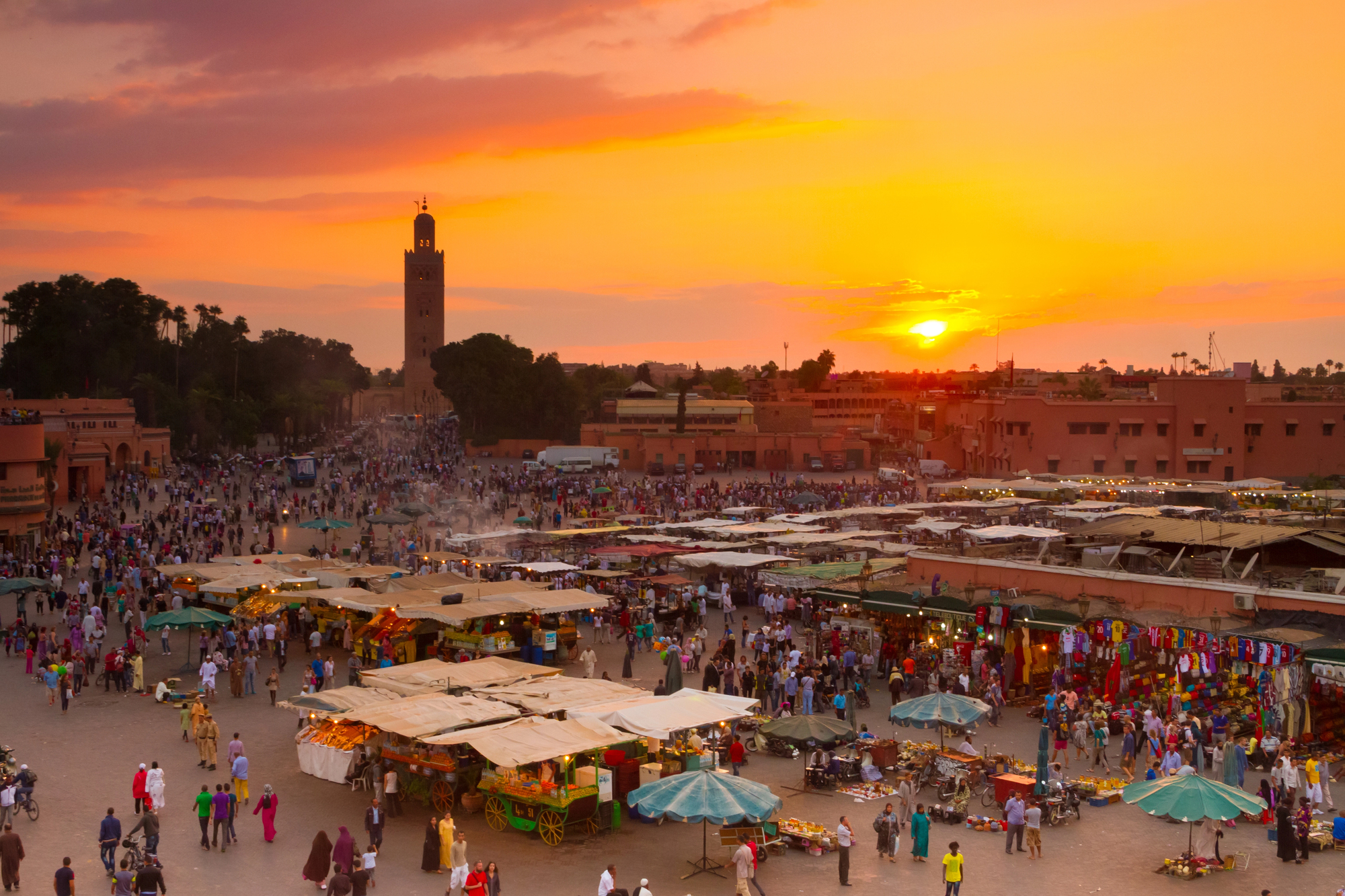
The labyrinthine souks of Marrakech and Fez function exclusively with colorful dirham notes exchanging hands—digital payments remain virtually nonexistent in these ancient marketplaces. Even established tourist shops tack on surcharges for card payments—if they bother accepting them at all.
ATMs exist downtown but vanish completely in mountain villages, making cash planning crucial before day trips.
Like Travel Pug’s content? Follow us on MSN.
Vietnam
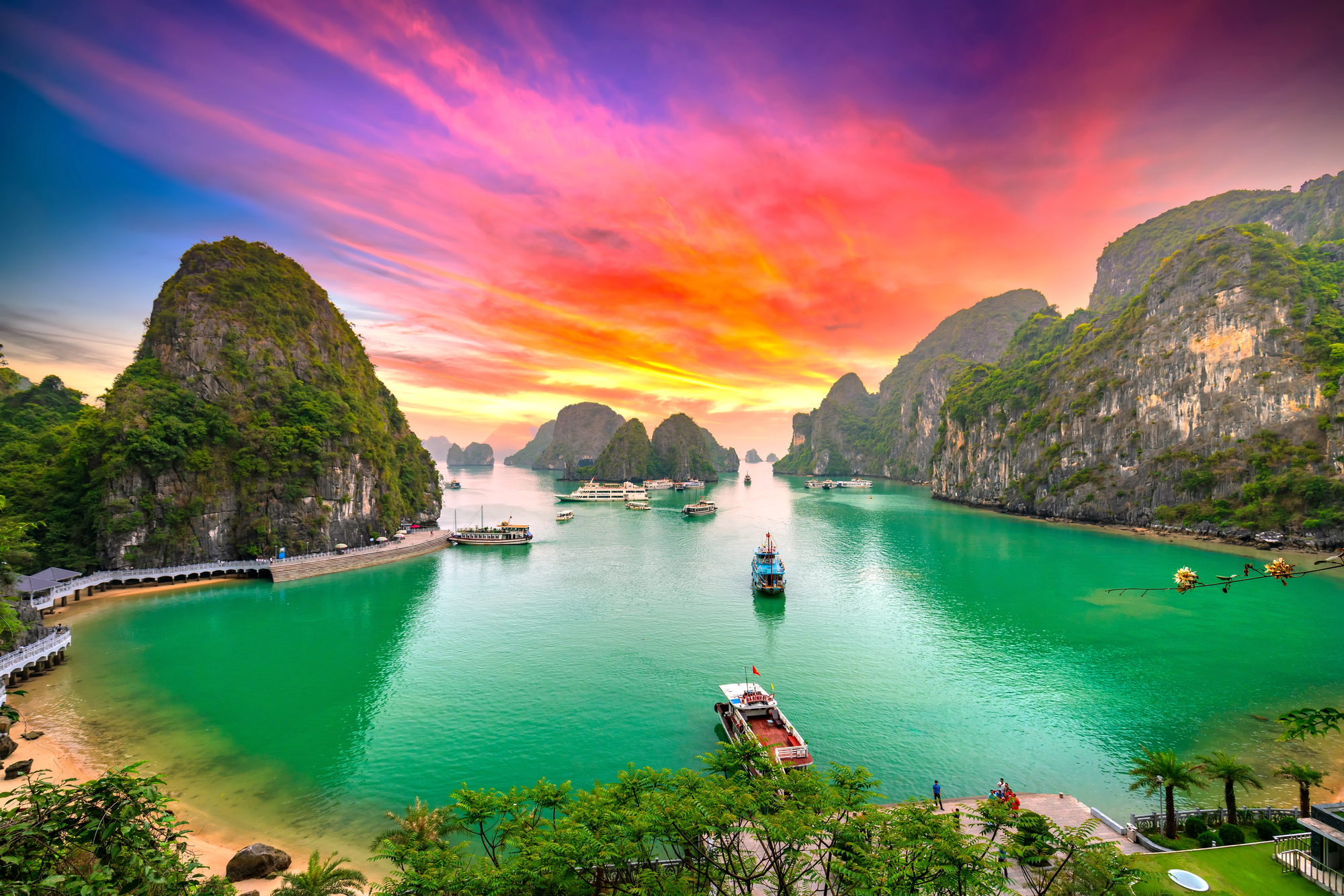
Vietnamese dong powers daily life across this vibrant Southeast Asian nation, from street food vendors to motorcycle taxis. Fancy hotels and packaged tours might take plastic, but almost everything authentically local requires physical money.
ATMs dispense frustratingly small amounts per transaction, forcing multiple withdrawals for longer stays. Savvy travelers always keep small bills handy for smoother transactions with vendors who rarely carry change.
Mexico
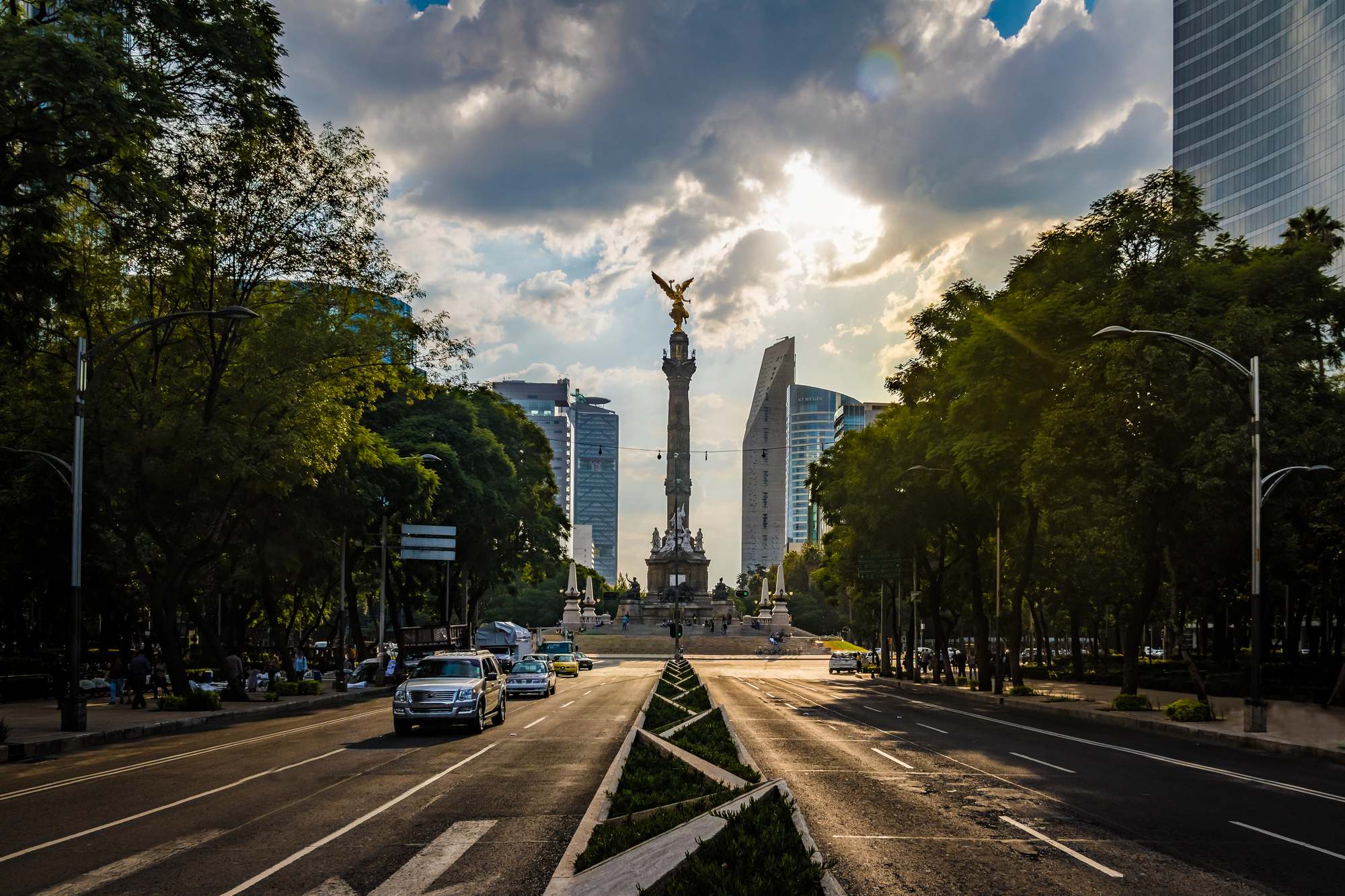
Beyond glossy resort zones, Mexico runs largely on peso cash transactions. Colectivos, street taquerias, and mercados—these daily essentials rarely accommodate cards, particularly in smaller towns. Many businesses that technically accept cards tack on a 3–5% fee, negating any rewards points you’d earn.
The peculiar currency situation near the border adds confusion, with some places taking dollars but returning change in pesos at terrible rates.
Egypt
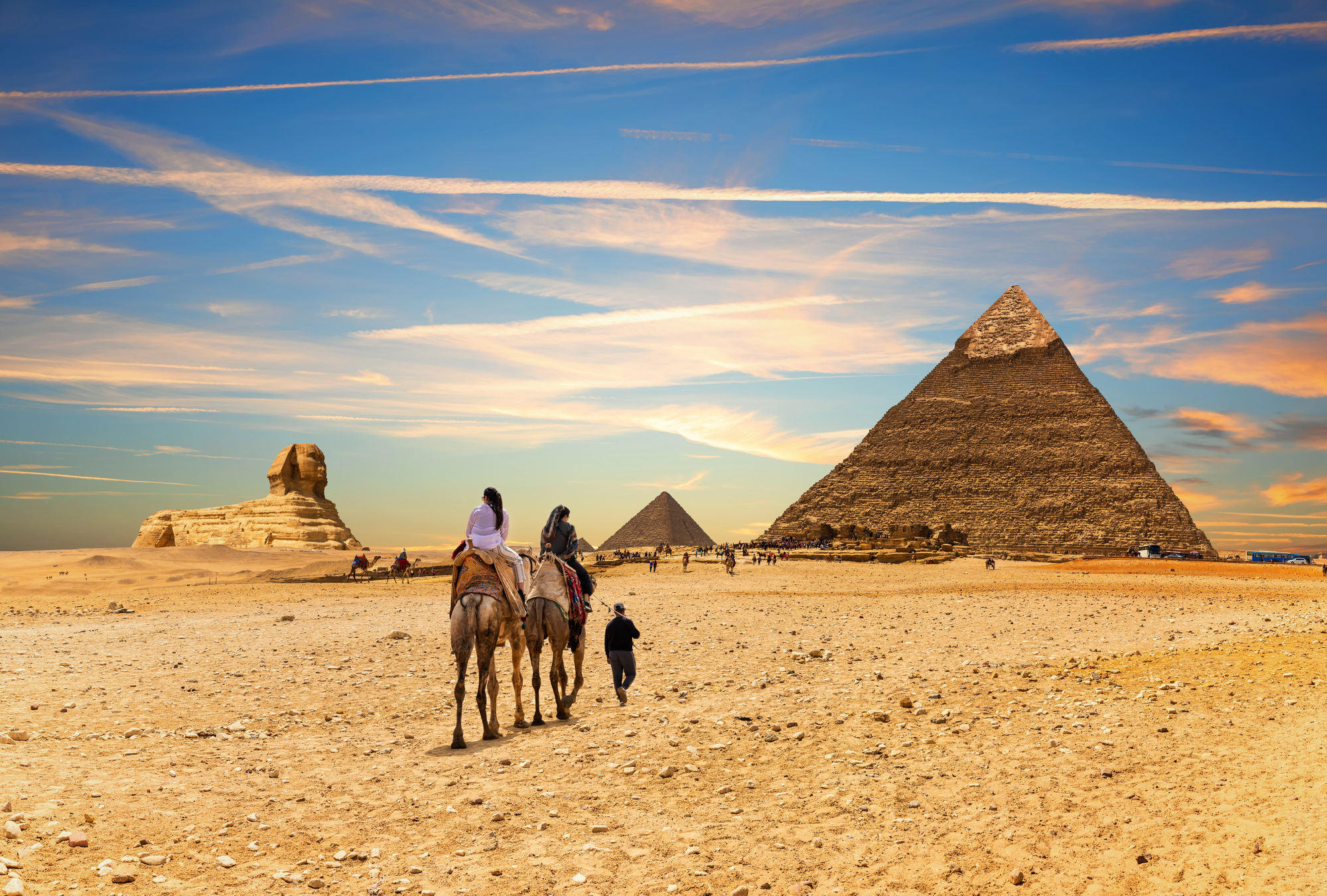
Egyptian pounds remain essential throughout this historically rich country. While major archaeological sites theoretically have card terminals, they routinely malfunction or mysteriously add “processing fees.”
Even decent hotels occasionally blame “system problems” when card machines won’t connect during peak tourist seasons. Experienced visitors withdraw plenty of cash in Cairo before heading to places like Luxor or Aswan, where ATMs become scarce and unreliable.
Like Travel Pug’s content? Follow us on MSN.
Myanmar

Egyptian pounds remain essential throughout this historically rich country. While major archaeological sites theoretically have card terminals—they routinely malfunction or mysteriously add “processing fees.”
Even decent hotels occasionally blame “system problems” when card machines won’t connect during peak tourist seasons. Experienced visitors withdraw plenty of cash in Cairo before heading to places like Luxor or Aswan—where ATMs become scarce and unreliable.
Cuba
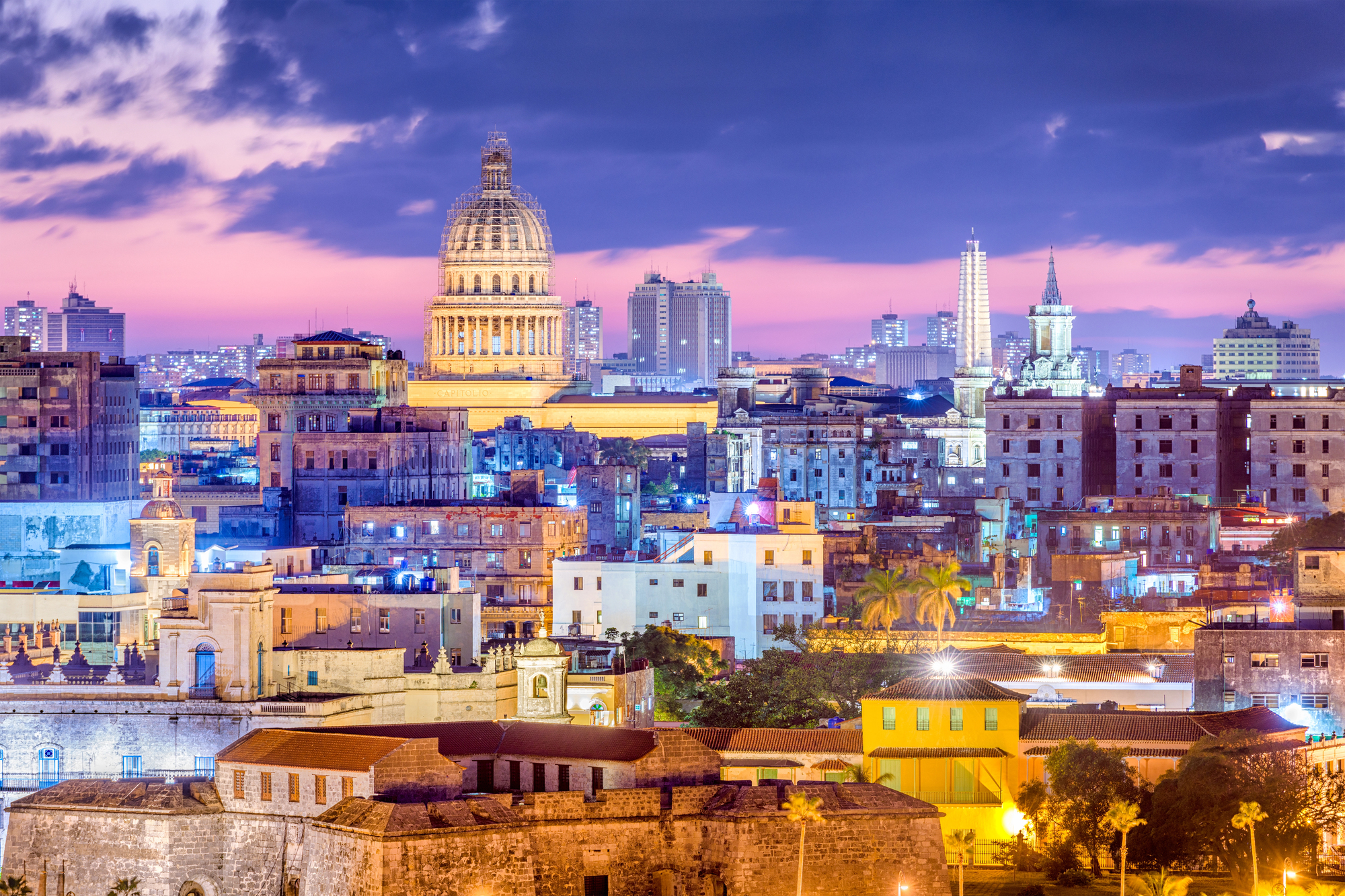
The complicated dual-currency system creates unique challenges, with tourists primarily using convertible pesos, different from the local currency. Nearly all transactions beyond international hotel compounds happen strictly in cash.
Card infrastructure simply doesn’t exist in most places. American-issued cards don’t work whatsoever due to persistent restrictions, making careful cash planning essential before arrival.
India
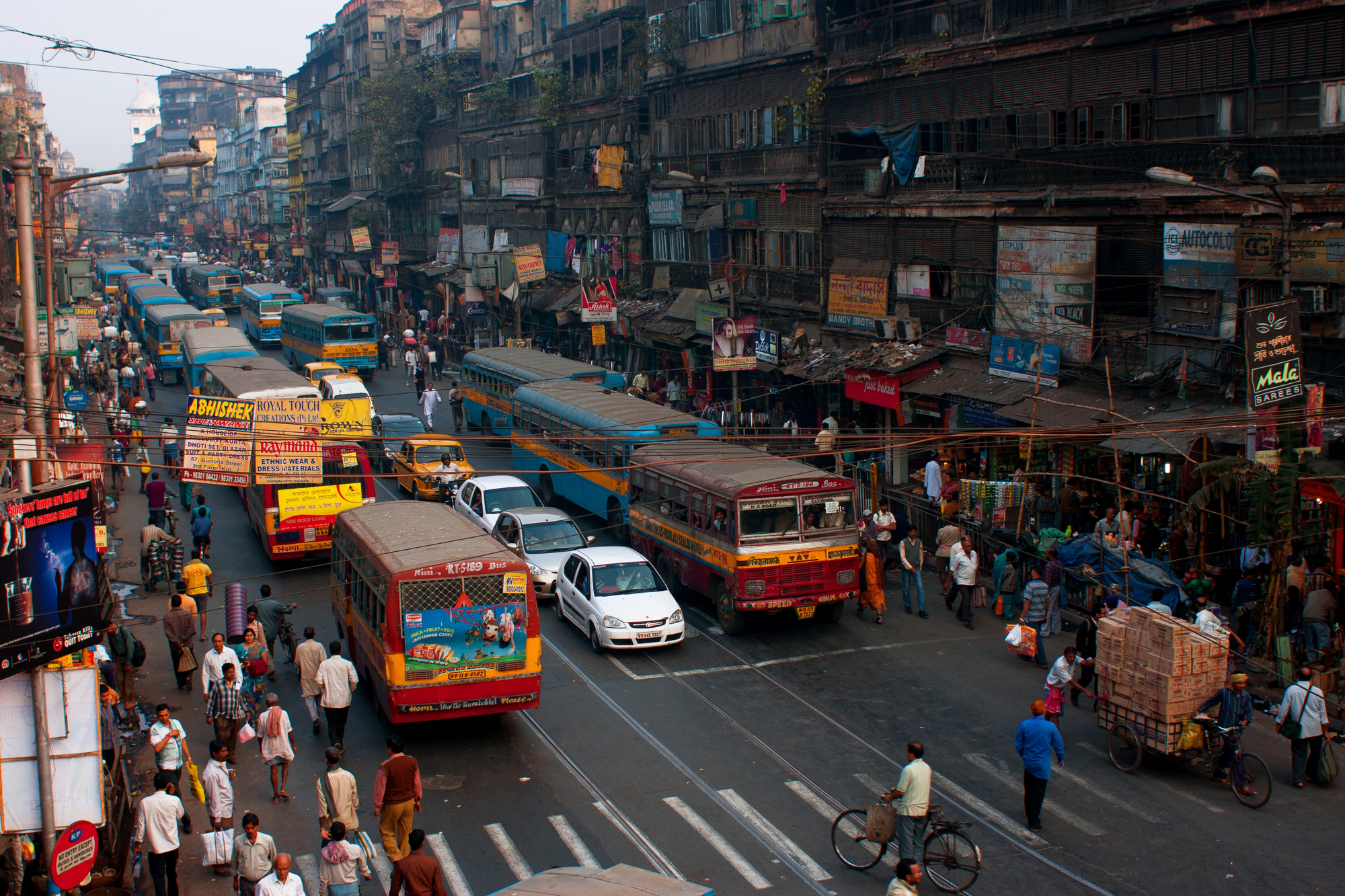
While digital wallets are increasingly popular in Indian metropolitan areas, vast rural regions remain firmly cash-dependent. Train tickets, roadside chai stalls, and vibrant markets nationwide operate exclusively with physical rupee notes.
Even established shops frequently knock a few percentage points off for cash payments, avoiding transaction fees that eat into slim profit margins.
Like Travel Pug’s content? Follow us on MSN.
Argentina
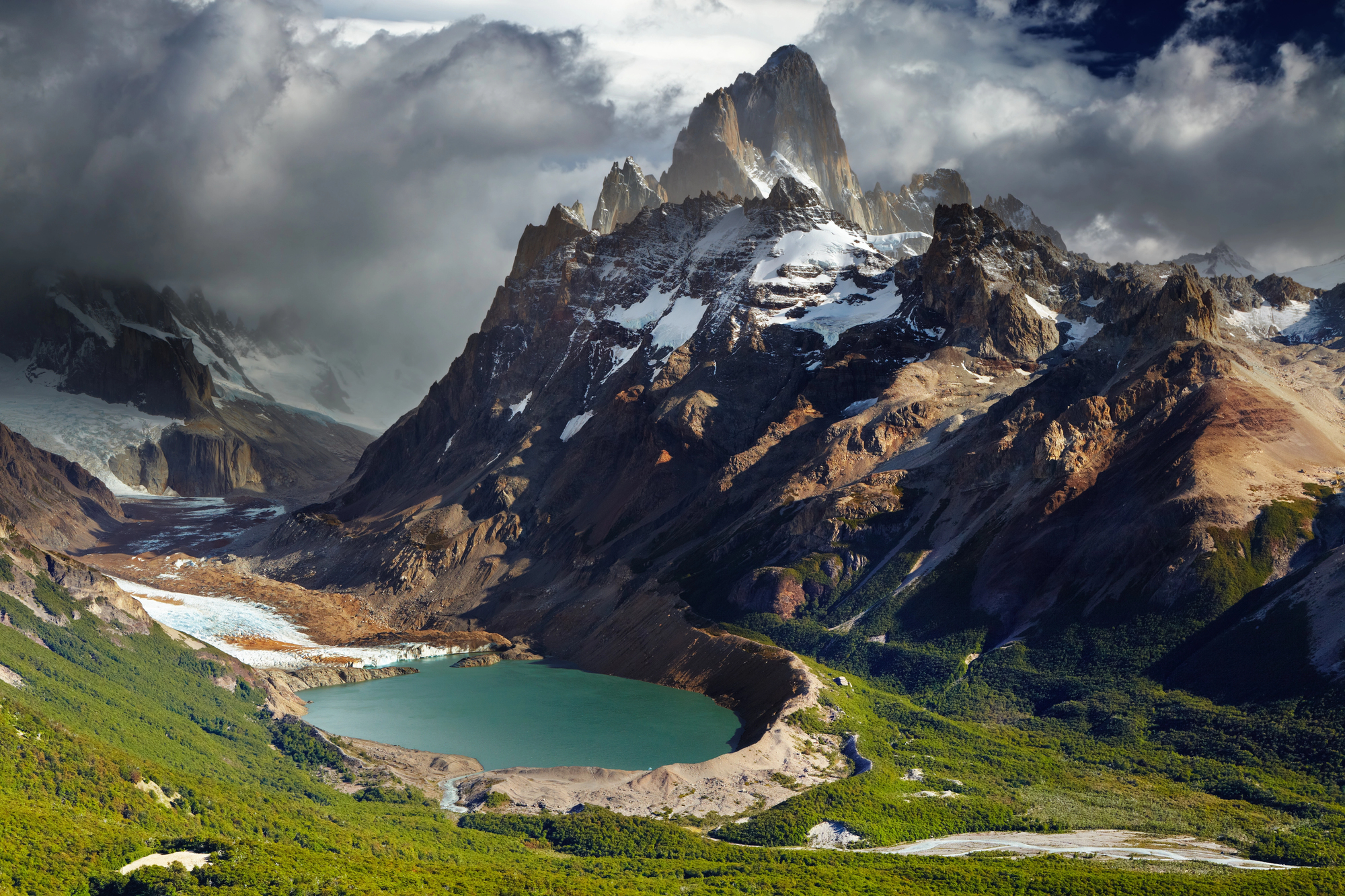
Economic instability has created strong cash preference across Argentina, with multiple exchange rates existing simultaneously. Travelers offering physical dollars for purchases often secure significantly better deals than card users.
Many businesses maintain entirely separate pricing structures for cash versus electronic payments, reflecting the substantial fees banks extract from merchants.
Turkey
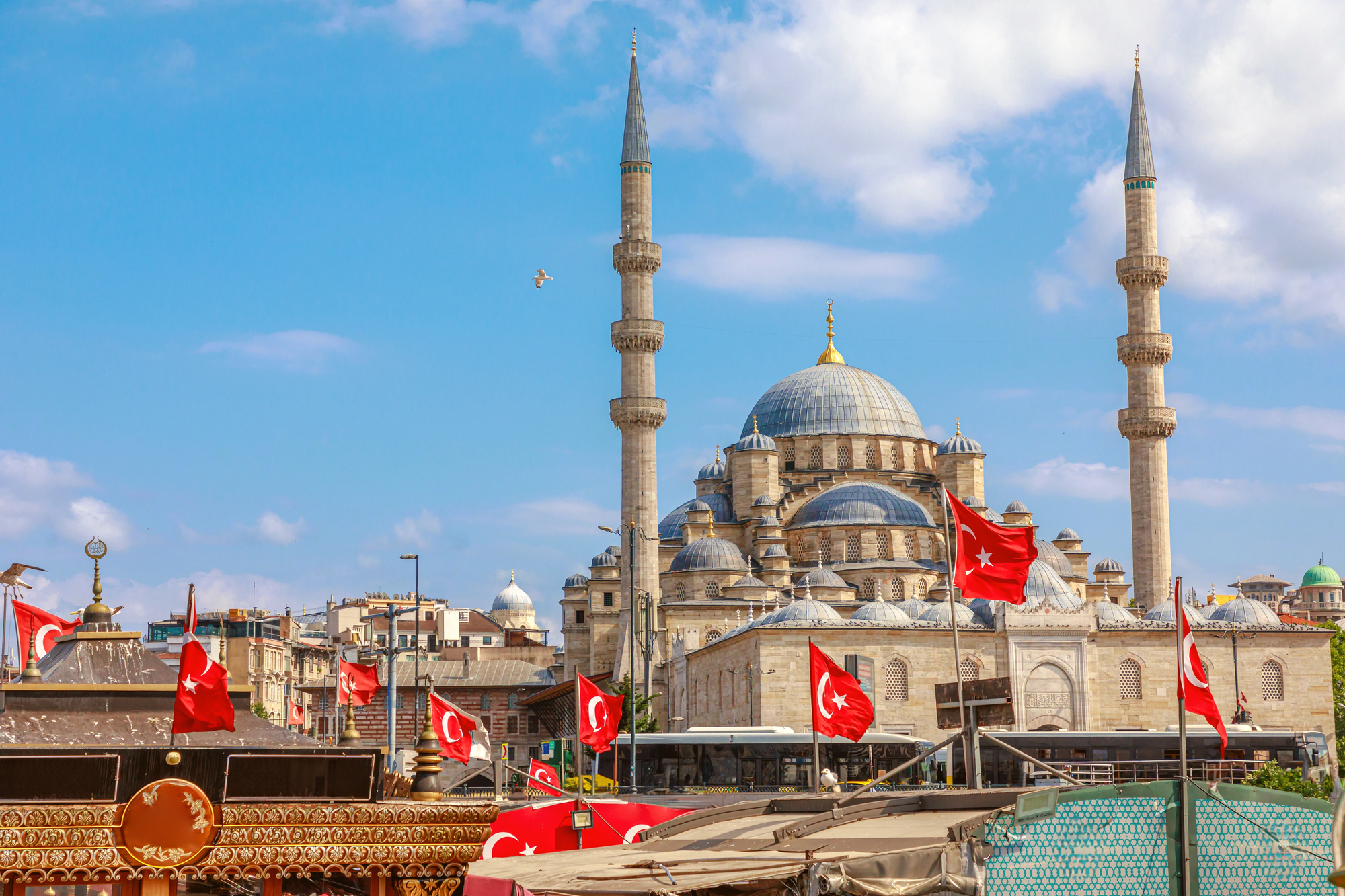
Turkish businesses widely favor lira cash over electronic alternatives. Popular activities like Cappadocia balloon rides and Mediterranean cruises typically offer substantial discounts for physical payment.
ATMs remain abundant in cities but prove frustratingly unreliable during summer tourism peaks when they’re quickly emptied. Travelers soon discover the importance of maintaining emergency cash reserves, especially when visiting remote coastal villages or interior regions.
Greece
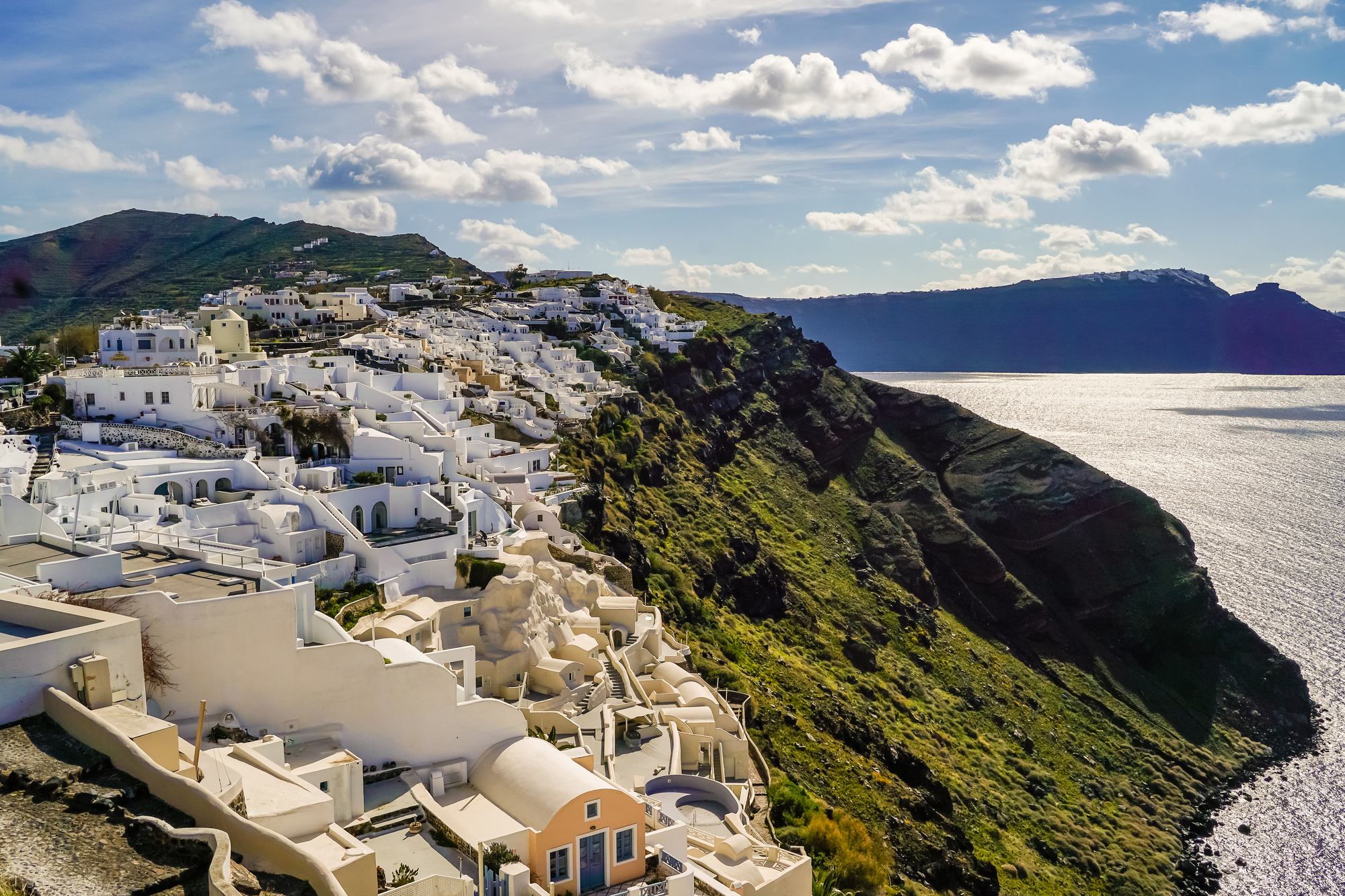
Island economies all over Greece mostly depend on cash transactions, and that applies even more to smaller islands that are rarely served with any banking facilities. Family tavernas, local shops, and many guesthouses do not accept card payments at all.
From that moment in time, many Greeks would have viewed financial institutions in a different light, because tangible currency still inspires greater confidence than electronic alternatives among older generations.
Like Travel Pug’s content? Follow us on MSN.
Tanzania

Safari operations, transportation networks, and vibrant markets across Tanzania function almost exclusively with shilling cash. While luxury lodges accept cards, they routinely add processing surcharges that can substantially inflate costs.
ATMs exist primarily in cities like Dar es Salaam or Arusha, becoming nonexistent once you enter wildlife areas. Visitors must withdraw sufficient funds before heading to remote destinations like Ngorongoro or smaller Zanzibar communities.
Peru
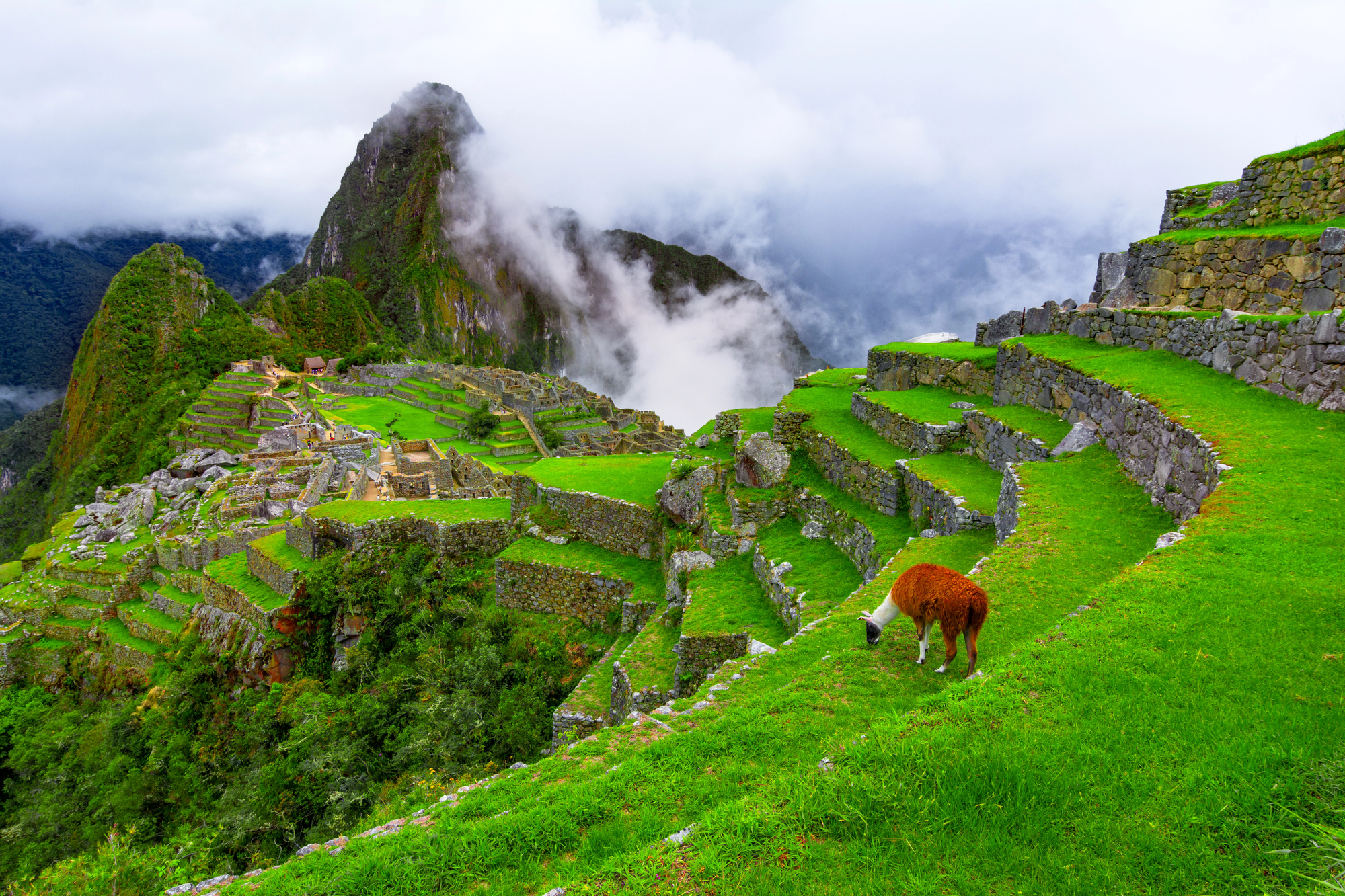
Beyond Lima’s cosmopolitan neighborhoods, Peru runs predominantly on sol notes and coins. Popular activities like Machu Picchu treks involve numerous cash payments to local vendors, guides, and porters throughout the journey.
High-altitude towns frequently experience power disruptions that render electronic payment systems useless. Many businesses implement dual pricing systems with noticeable incentives for cash transactions, particularly for accommodations and transportation services.
Cash Considerations Beyond Convenience
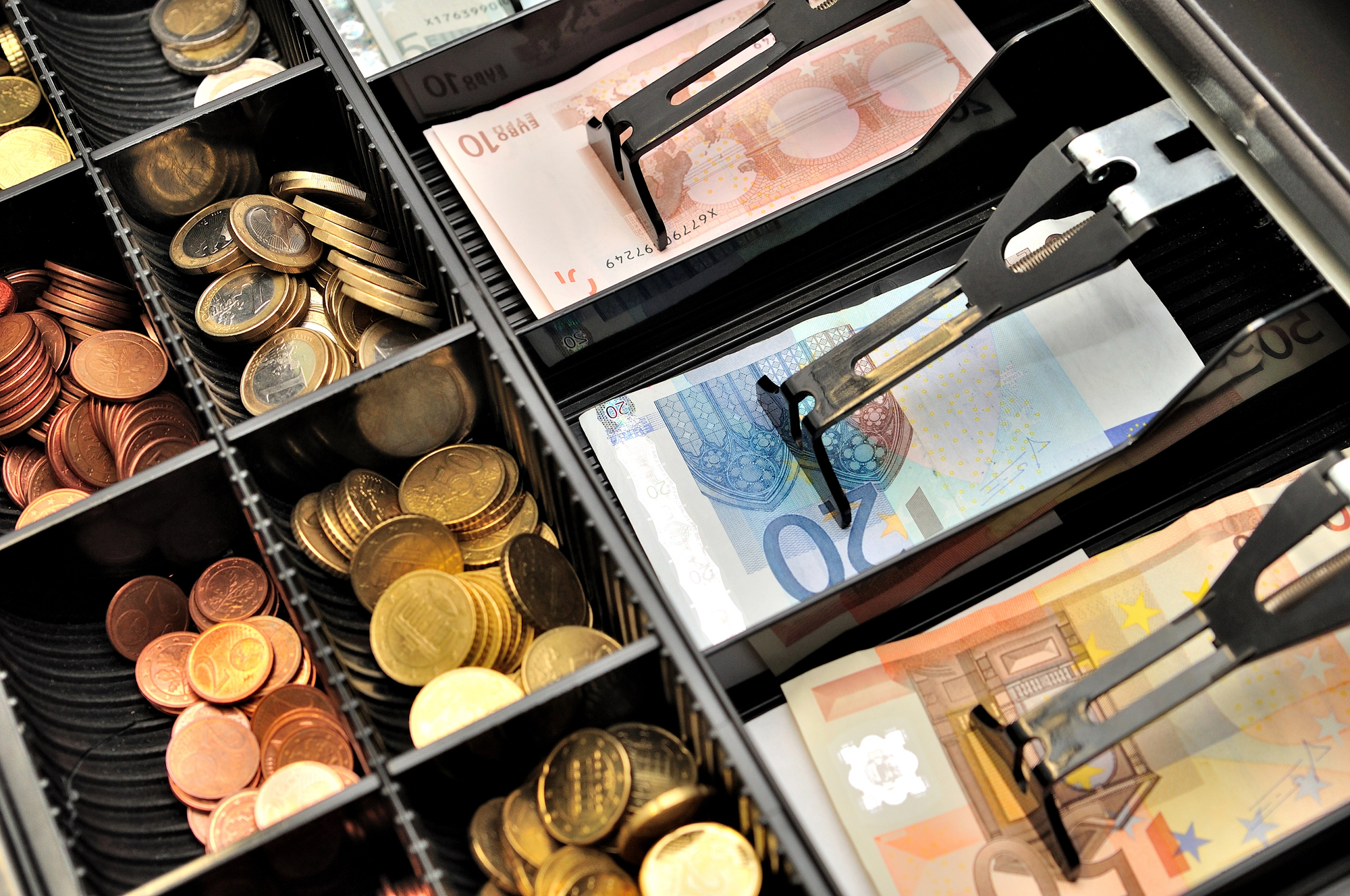
These cash-dependent economies reflect complex historical, cultural, and infrastructural factors rather than simply being technologically backward. Many societies have legitimate reasons for preferring physical currency, from avoiding transaction costs to distrusting financial systems based on historical experiences.
Adaptable travelers respect these local payment customs instead of expecting global uniformity. Preparing appropriate cash reserves, understanding denomination requirements, and researching ATM availability creates far smoother experiences in these fascinating destinations.
The extra planning ultimately rewards visitors with more authentic interactions and often better prices than those who stubbornly rely on plastic.
More from Travel Pug

- Cities Growing so Fast You Won’t Recognize Them in 10 Years
- 13 Destinations Where Tourists Regularly Regret Their Trip
- 16 U.S. Cities That Are Quietly Becoming Travel Hotspots
- Where to Travel If You Love Long Bus Rides and Daydreams
- 20 Cities Perfect for Solo Travelers Who Crave Adventure & Culture
Like Travel Pug’s content? Follow us on MSN.
